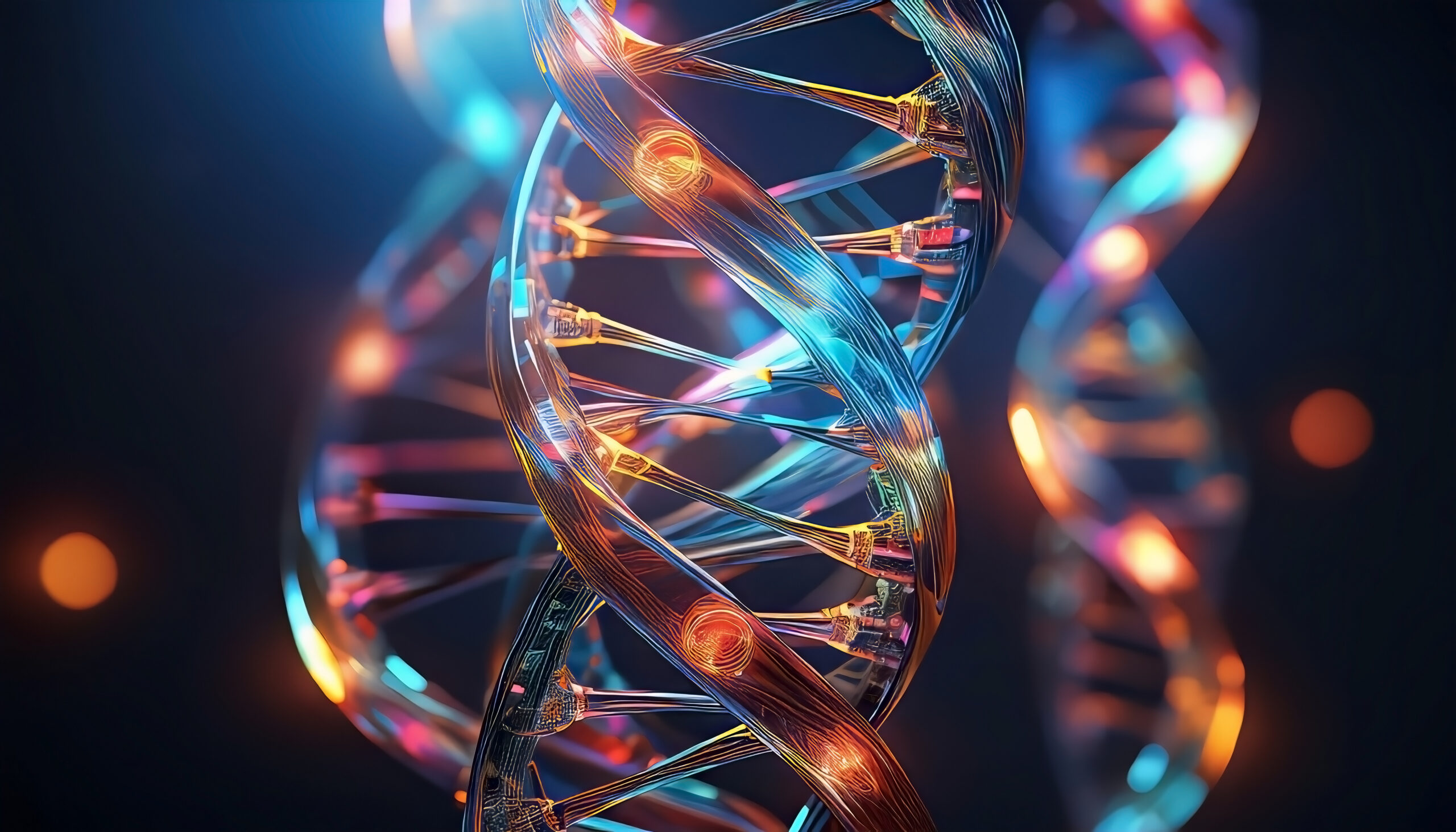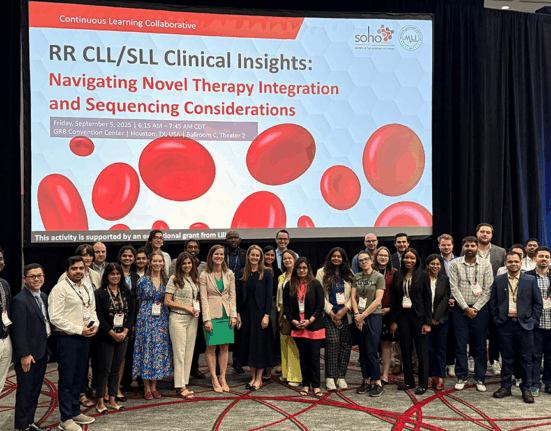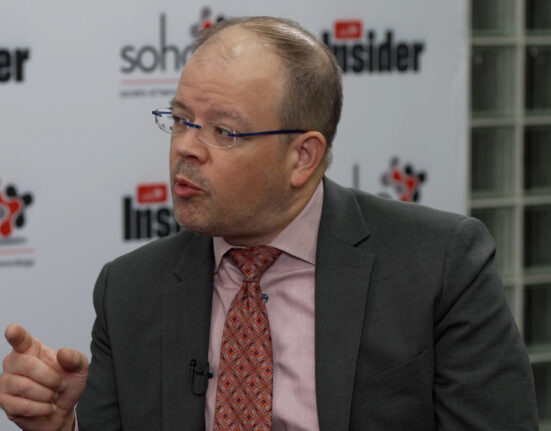Achievement of early measurable residual disease (MRD) negativity under assessment with next-generation sequencing (NGS) is associated with durable remissions in patients with newly diagnosed Philadelphia-chromosome negative (Ph−) B-cell acute lymphoblastic leukemia (ALL), according to a new retrospective study.
The study confirms that early MRD response is able to overcome the adverse prognosis of high-risk (HR) cytomolecular features. The study also found that allogeneic stem cell transplant (alloSCT) may improve outcomes of patients with HR ALL with suboptimal early MRD dynamics.
The researchers retrospectively identified 110 patients with newly diagnosed Ph− B-cell ALL who underwent NGS MRD assessment within the first 6 months of frontline therapy for IG/TR rearrangements (sensitivity, 1×10−6). HR Ph− ALL was defined as poor-risk cytogenetics (i.e., low hypodiploidy/near triploidy, complex cytogenetics, or KMT2A rearrangement), Ph-like ALL, and/or a TP53 mutation.
The median age of the cohort was 46 years (range, 18–87 years). Frontline therapy was hyper-CVAD-based in 61% (n=67) and mini-hyper-CVD-based in 39% (n=43) of patients. Early NGS MRD negativity (i.e., NGS MRD-negative after the first cycle of induction) was achieved in 16 (30%) of the 53 evaluable patients. Rates of NGS MRD negativity at all time points were similar in patients with standard-risk (SR) and HR cytomolecular features.
Patients who achieved early NGS MRD negativity had the best outcomes with a 2-year recurrence-free survival (RFS) of 100% vs. 69% if MRD-positive after induction (P=0.03), and none of the 16 early NGS MRD responders subsequently relapsed.
Even in patients with HR cytomolecular features, early NGS MRD response was associated with low risk of relapse and excellent long-term survival (2-year RFS, 100% vs. 38% for patients with HR ALL who remained MRD-positive after induction; P=0.01).
In HR patients, later achievement of NGS MRD negativity (i.e., those who were NGS MRD-positive after induction but negative at later time points) was not protective, with a 2-year RFS of 25% for these later MRD responders.
In a landmark analysis, alloSCT improved outcomes of patients with HR Ph− ALL who remained MRD-positive after induction (2-year RFS, 80% vs. 0% if no alloSCT; P=0.009).
“In patients with B-cell ALL, achievement of early NGS MRD negativity is associated with durable remissions, regardless of baseline cytomolecular features, whereas later MRD clearance is not protective in these HR patients,” the authors concluded. “AlloSCT may improve outcomes of patients with HR ALL with suboptimal early MRD dynamics.”
Visit the SOHO 2025 meeting news page for more coverage from the meeting.







